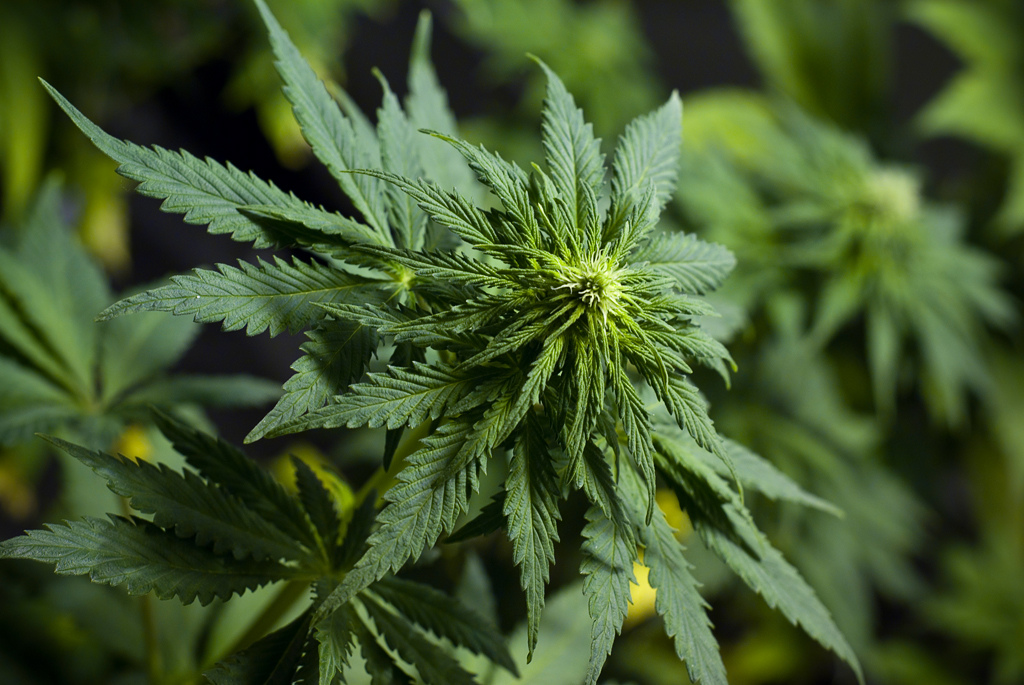Lawmakers in Florida approved a bill last Friday that allows limited access to cannabinol (CBD) based medicine that can be used to treat chronic epileptic seizures, cancer, or other serious illnesses. Generally-speaking, CBDs have been considered to produce the painkiller effect of cannabis consumption, while it is the plant’s THC content that results in the user’s euphoric “high” experience.
Senate Bill 1030, as it’s called, passed through Florida’s House of Representatives on Thursday with a 111-7 vote in its favor, and on Friday it passed through the Senate with a 30-9 vote. The Senate originally passed the bill 36-3 in April, but had to vote on the issue again because of changes made in the House, which had amended the bill to allow low-THC cannabis to be used for treating cancer and Amyotrophic Lateral Sclerosis (ALS), also known as Lou Gehrig’s Disease.
Republican Gov. Rick Scott has already agreed to sign the bill into law.
Florida’s bill is similar to other bills passed in Alabama, Iowa, Kentucky, Utah, Mississippi, and Wisconsin, in that it only allows access to one popular cannabis strain, Charlotte’s Web, which is known to have particularly low levels of THC and a very high CBD content.
The bill lays out a system wherein the state’s legal cannabis will be grown and distributed through five dispensaries run by preestablished nurseries. The dispensaries will be closely monitored, and their growing of Charlotte’s Web shall be heavily regulated.
There remains skepticism from the broader community of cannabis advocates that these CBD-only bills might not be as beneficial as we hope, as none of the states who have passed the restrictive MMJ bills has yet to begin product distribution. Another proposed bill, the joint legislation Senate Bill 962 and House Bill 859, would have allowed further access to cannabis with both higher THC and CBD content. This bill would have permitted medical marijuana use for patients with a longer list of qualifying illnesses, as well, but lawmakers failed to take action on the bill before they adjourned their legislative session on May 2.
There is, however, an unrelated Constitutional Amendment that is anticipated at the ballot boxes in Florida this November. The Amendment, which will require 60% of the vote or more to pass, will legalize medical marijuana in Florida for a much wider variety of patients. It would appear that the ballot proposal has very strong chances this November, with 88% of Florida residents expressing support for medical marijuana, according to a recent poll by Quinnipiac University.
Meanwhile, Florida lawmakers failed to pass a bill this session that would have legalized recreational marijuana for adults 21 and over, much like Colorado and Washington’s legalization laws from 2012. The bill would have legalized the personal cultivation of up to 6 cannabis plants and the possession of up to 2.5 ounces of marijuana for recreational use.
Sources:
http://blogs.miaminewtimes.com/riptide/2014/05/medical_marijuana_support_at_8.php
Photo Credit: Diego Charlón
